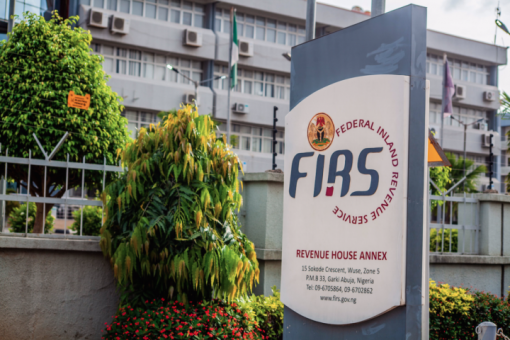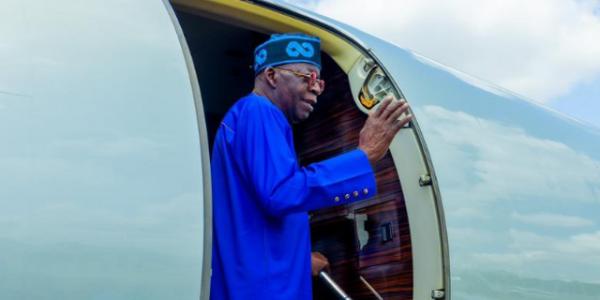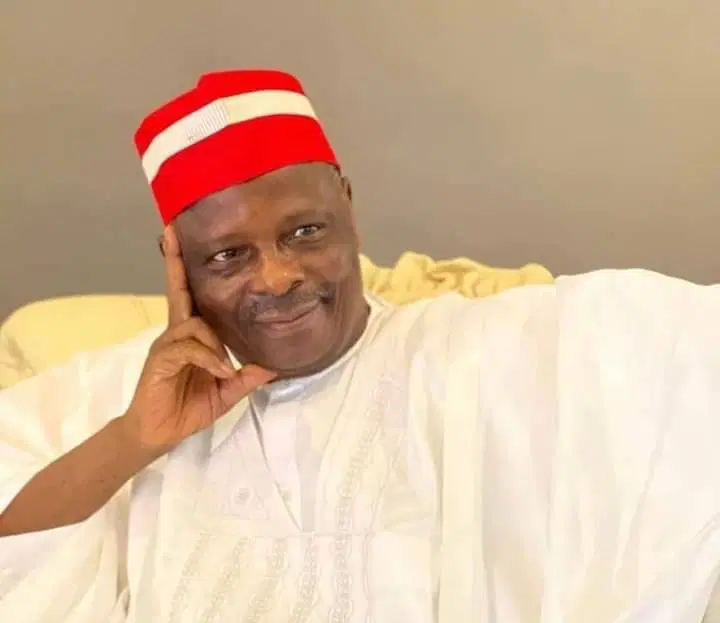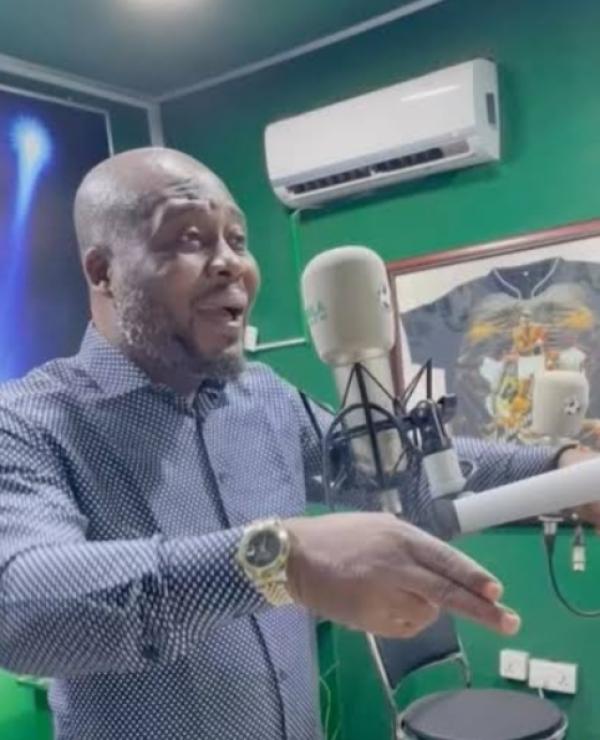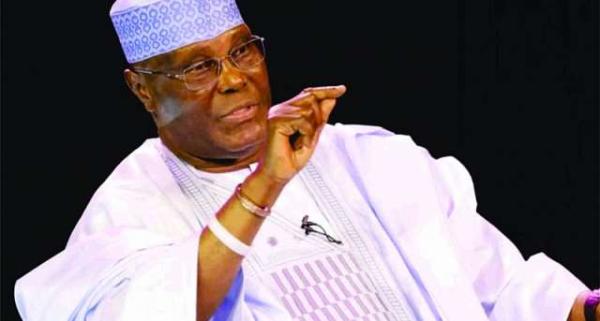
Jonathan, Gowon, Buhari caution against inciting utterances
Chairman, Independent National Electoral Commission, INEC, Prof. Attahiru Jega, yesterday declared that elected officials who defected from their political parties ought to vacate office and allow for fresh elections accordingly.
Jega was speaking yesterday at a political summit tagged “All Nigeria political parties and political stakeholders’ summit”, held in Abuja.
He also disclosed that the commission had submitted a proposal to the National Assembly to amend the Electoral Act to enable it determine the criteria for parties to get on the ballot papers.
This is even as political stalwarts and party leaders warned against utterances capable of derailing democratic governance or promoting insurgency.
Speaking on the topic “Interparty collaboration, national stability and democratic consolidation in Nigeria”, the INEC chairman, who described such defections as ‘political nomadism’, said when “an elected official defects, he is supposed to relinquish his office to allow for a fresh election”.Jega lamented the rampant change of political parties by politicians.
He said: “Some observers have described this as political nomadism. While we must respect the rights of citizens to choose at will what parties to belong to as part of their freedom of association, the negative effects of hemorrhage of party members and rancour it generates cannot be underestimated.”
Speaking on the challenges of interparty collaboration, Jega said: “We need to improve the functioning of IPAC to ensure full commitment of all parties to the council and Code of Conduct. We also need to improve the funding profile of IPAC to enable it to continue to play its role in growing our democracy and national stability.” He added that there was need to continue to improve the organisation of political parties with a view to modernise them.
“The thorny issue of deregistration of political party remains. INEC has submitted a proposal of the amendment of the Electoral Act to expunge the provision empowering the commission to deregister political parties, but instead empower the commission to determine the criteria for parties to get on the ballot.
“We believe it will afford the parties space to continue to play their cardinal roles in political development, without challenges posed by election management by the unwieldiness of countless ineffective political parties.” Speakers at the summit also warned political leaders against using provocative utterances which could promote insurgency or disharmony among the political parties, capable of derailing democracy.
President Goodluck Jonathan, Gen. Mohammadu Buhari, Gen. Yakubu Gowon, Gen.l Abdulsalam Abubarkar, Peoples Democratic Party Chairman, Adamu Muazu; National Security Adviser, Sambo Dasuki, and other dignitaries also spoke at the event.
President Jonathan, while declaring the summit open, commended Buhari, who is also one of the leaders of the All Progressives Congress, APC, for speaking out against the activities of terrorists.
He stressed that political leaders should guard their utterances due to the negative implications against democracy.
Abubakar, who was chairman of the occasion, suggested the adoption of a rule that would compel political parties to be responsible for the actions and inaction of their members.
Mu’azu expressed worry on the attitude of the opposition APC, which uses brooms to “sweep-off the footprints” of their opponents each time they held a rally in states controlled by the party.
President Jonathan recalled that it was the political class that rescued Nigeria from the brink of collapse in 1998 and commended the roles played by the National Democratic Coalition, NADECO, Afenifere, Eastern Mandate Union, EMU, and others in bringing about the current democratic government.
The President also explained that political developments in the country had led to the development of acceptable judicial processes for settling electoral grievances.
Regretting that the utterances of some top politicians were capable of undermining the democratic process, he warned them to guard their actions and utterances as they were responsible for fueling insurgency in parts of the country.
Jonathan also warned of the consequences of some undemocratic elements who he stated were planning to use the 2015 general elections to truncate democracy, pointing out that even though parties differ in ideology and programmes, Nigerians should not allow such forces triumph.
He urged politicians to positively utilise opportunities offered by inter-party collaboration to facilitate issue-based engagement among the political parties.
Jonathan also warned that people should stop using the issue of the abduction of secondary school students in Chibok, Borno State, to fight government and provide the platform to terrorists’ activities to thrive.
“At a time such as this, when our political structures are threatened, we must rise to the occasion and promote patriotism, promote to the highest level our social cohesion and promote our Nigerian project irrespective of our political affiliations.
“History will not be kind to us if our democracy fails; so, we have to guard against such which is why since I became the deputy governor of Bayelsa State, I have imbibed the tenet that no Nigerian blood is worth shedding,” he said.
Abubakar commended the political class for playing critical role in the successful transition from military to civil rule which he spearheaded in 1999.
He warned them to stop the blame game over the spate of insurgency in the country, stressing that the greatest challenge facing Nigeria’s democracy were “making inflammatory statements, mutual suspicion, promoting political violence, endless litigation and outright abuse of the electoral process,” saying they suggested what to expect in 2015.
He stated that his analysis of political events had shown that there was gradual dissent into anarchy and charged the political class to develop common platform to checkmate such.
“Those in power and those in opposition have a common duty to protect our democracy both by their actions and utterances,” Abubakar said.
Dasuki and Presidential Adviser on Inter-Party Affairs, Chief Ben Obi, said what prompted them to host the summit was to bring about harmony and understanding in national interest.
Mu’azu challenged the participants to take a critical view of the security challenges facing the country and act with one voice in bringing the problems to an end.
“Initially, I thought ‘Bring Back Our Girls’ were well intentioned. That was why I asked my chief of staff, the former FCT minister, to represent us and for two days, he was there. Little did I know it was opposition protest against the Federal Government. But I want to remind us that the war against the abduction of the girls should not be politicised.
“It was equally wrong for the APC to go to the stadium in Ekiti State, immediately after our rally to sweep off our feet. I was worried about such conduct and I don’t know when men started carrying brooms.
National chairmen of APC, the All Progressives Grand Alliance, APGA, and Labour Party, LP, who were all represented on the occasion, all spoke against acts that could fuel tension and violence in the polity.
They also agreed that terrorism and other security challenges required collective action against such.













